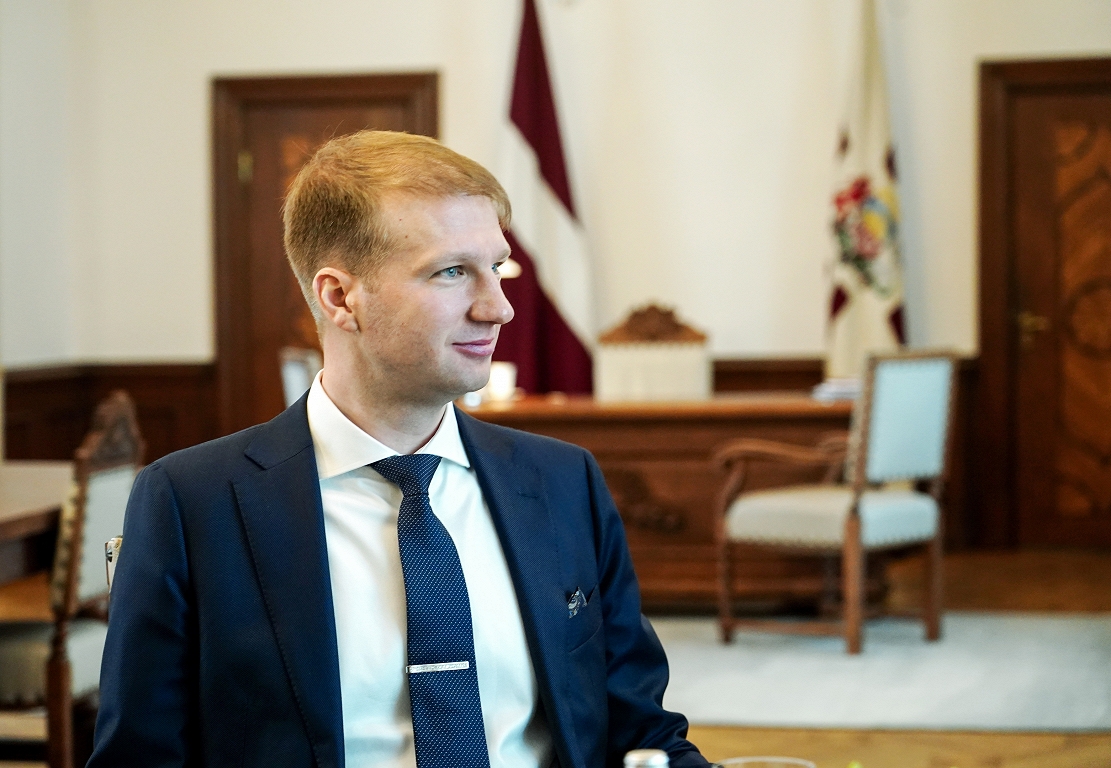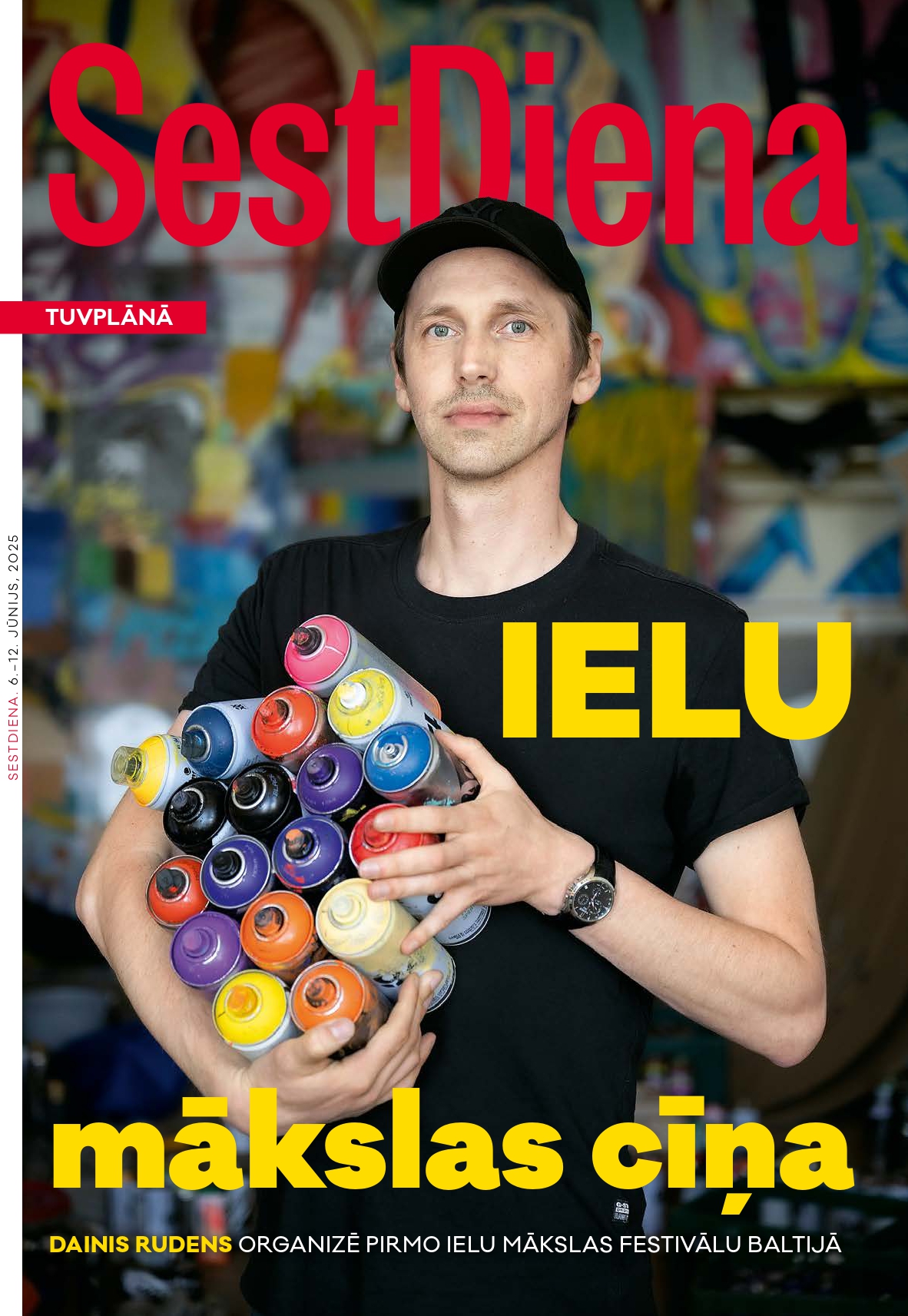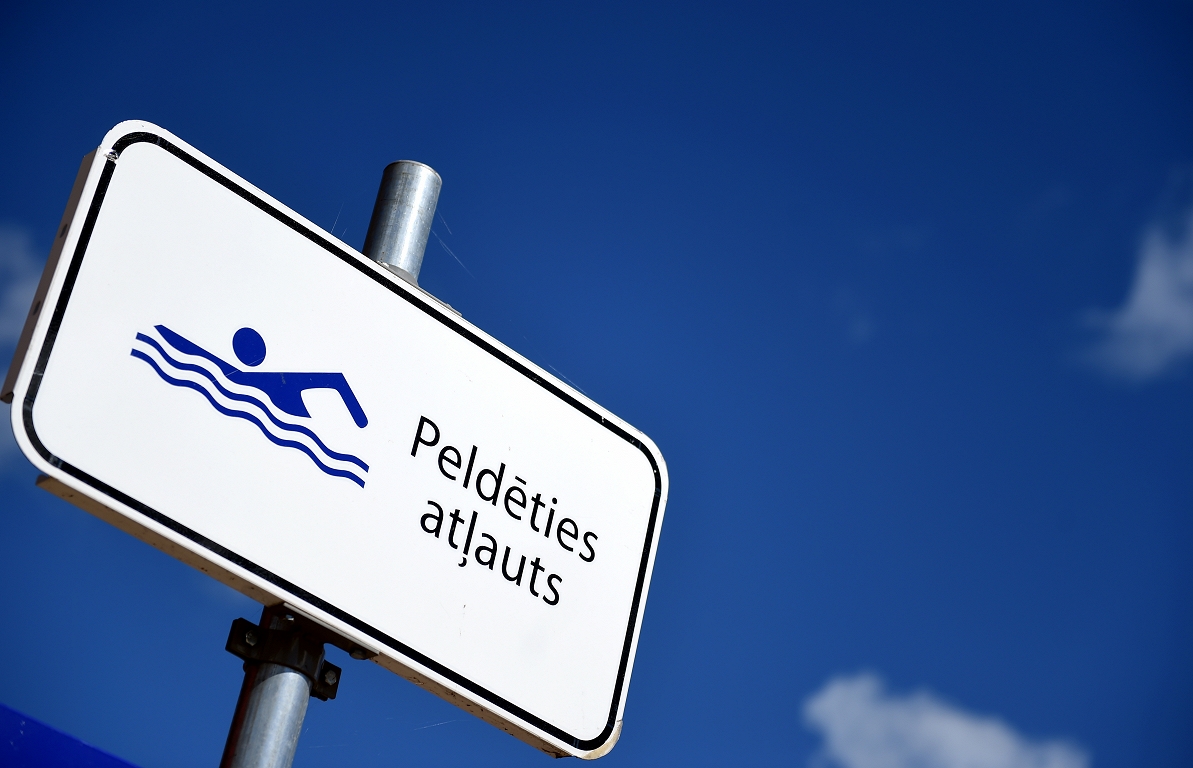Latvia supports the need for a global agreement to fight plastic contamination / day

The Ministry of Climate and Energy (KEM) informed LETA that the Latvian delegation under the leadership of Melnis on Thursday attended a meeting of the EU Council of Ministers, which included an exchange of views on the decarbonization of the industrial sector, the global environmental policy, as well as a number of other topical issues.
The Minister had a broad debate in the Council of Ministers of the Environment on the development of the clean industry, with particular emphasis on the closely commitment of competitiveness and decarbonisation.
Melnis said that Latvia supports the proposed actions that contribute to the competitiveness of industrial, while continuing its progress towards decarbonization, but the pure industry should not be the only instrument to achieve EU climate goals. For example, Latvia’s emissions from industrial processes and the use of products in 2024 accounted for only 8.5% of total emissions, so in the case of Latvia, industrial decarbonization will not make significant investment in reducing GHG emissions. It is important to continue working on the development of other instruments and sector plans, taking into account the different situations and emission reduction potential.
Latvia is also looking at the European Commission (EC) vision to form a new financial instrument – the Bank of Industrial Decarbonization. As Melnis pointed out, it is essential that the geographical balance of funding is taken into account and the funding is also available to small businesses and small -scale projects.
One of the cornerstones of a clean industrial course is the promotion of the circular economy. Latvia believes that the circular economy and access to recyclable materials are essential aspects to the promotion of innovation and the creation of clean products in Europe. In order to reduce the administrative burden, Latvia supports improving the existing circular economy, not the development of new legislation. Latvia also supports the development of uniform binding waste status criteria for waste streams such as textiles and construction waste.
Melnis emphasized in the exchange of views on global environmental policy that the EU and its Member States should remain strong for the United Nations Environment Program (UNEP) partners.
« We have to deal with the three -time planet crisis – climate change, natural and biodiversity reduction and increased contamination and waste – while ensuring effective global environmental obligations, » said Melnis, stating that the EU should continue to show an example of other regions. Digital innovations should be used and scientifically based decisions should be provided.
The meeting also discussed one of the most important issues in the context of the global environment – the rapidly rising level of plastic pollution, which adversely affects the environment, social, economic and health aspects. During the discussion, the Minister stated that Latvia supports the need for a global agreement to combat plastic contamination, as well as the fact that the text of such an instrument should be attributable to a full plastic life cycle, including production, design and recycling/recovery.
As part of the Lunch Discussion of the Environment Council, the head of the Latvian delegation also participated in the exchange of views on the environmental dimension in the EC vision of agriculture and food. The Minister stressed that there are equally many challenges and opportunities in agriculture. Many have already adopted green practice in the industry, while others are still hesitant. The transition to sustainable methods requires not only additional investment but also a change in habits. Among the support mechanisms, financial support and subsidies are the key, but knowledge transfer, advice, data -based support and public awareness are equally important.
The meeting also addressed a number of information issues in Brussels, including the impact of Russian aggression against Ukraine on the environment.
During the visit, Melnis also attended a meeting of the Green Growth Group, where the clean industrial course was discussed in the context of decarbonization and the impact of climate change on water availability, drought and flooding. The Minister emphasized that the quality and availability of water is closely linked to climate change. An integrated approach is required to promote European water resistance and change. There is a need for policies and financial mechanisms aimed at short and long -term goals.







